Thorough Authentication
It may be tempting to trust a large Auction House when it comes to authenticity, as auction houses make big on their advertising budgets and want to present themselves as the go-to when purchasing art. After all why would large auction houses risk their reputations when it comes to art collectors? Recent authenticity scandals involving even the most reputable auctioneers have rocked the artworld with scandalous headlines and shaken the confidence of even the most faithful collectors.
It is little known that Auction Houses are highly motivated to push works of art through the authentication process and offer a limited-time guarantee on the authenticity of a work. In fact they have a high financial interest to prove works of art with questionable authenticity, as this means more money in a sale and little to lose; should the work prove to be inauthentic the sale would simply be reversed as the auctioneer never actually owns it, the financial risk falls on the seller. Nor do they have to worry as much about the blow to their reputation as a smaller art dealer or art gallery. Those hefty advertising budgets are sure to cover a scandal.
A small, reputable seller has more at stake, since most rely heavily on their good name and actually own the artworks they are offering for sale. Should the sale be reversed, the financial burden falls on them as the current owner. They are far more stringent with authenticity and provenance before acquiring a piece and offering it to a client. With a smaller seller there is an opportunity to get a second opinion from a third-party authenticator that is not affiliated with the gallery, should the gallery’s authentication process seem insufficient.
At Rafael Gallery we take great care before acquiring and presenting a work of art, consulting multiple specialists, authenticators and experts as well as tracing the history and provenance of our pieces to ensure that our works of art are fully authentic before they even come into our possession.
